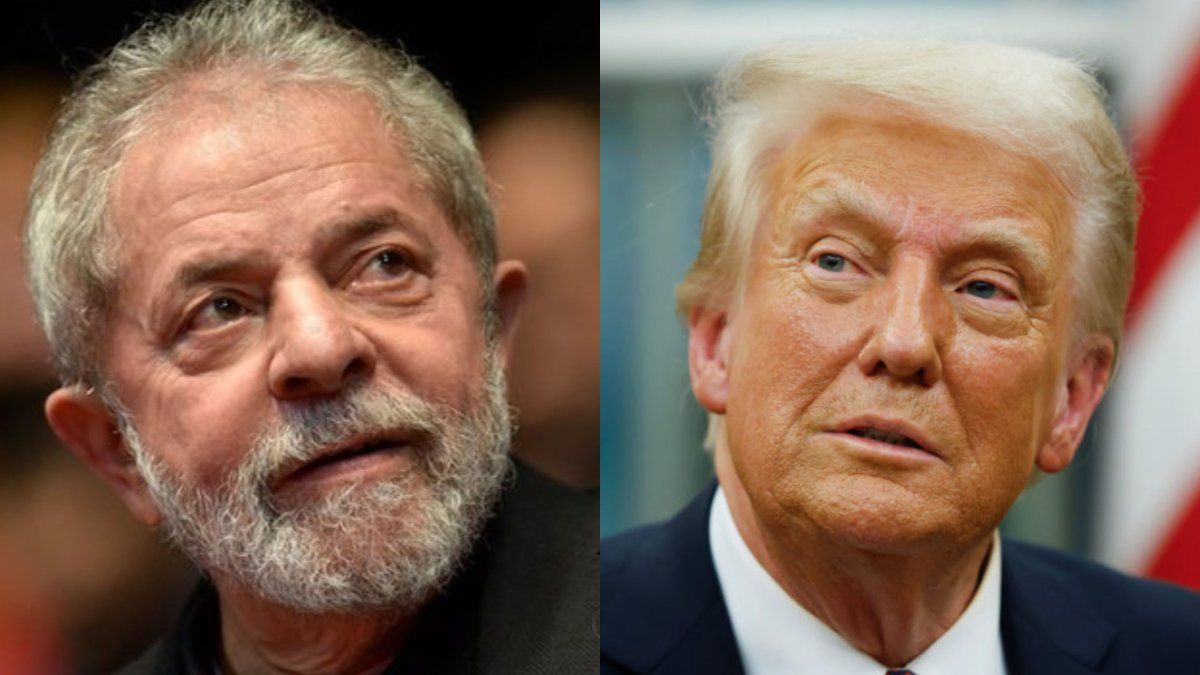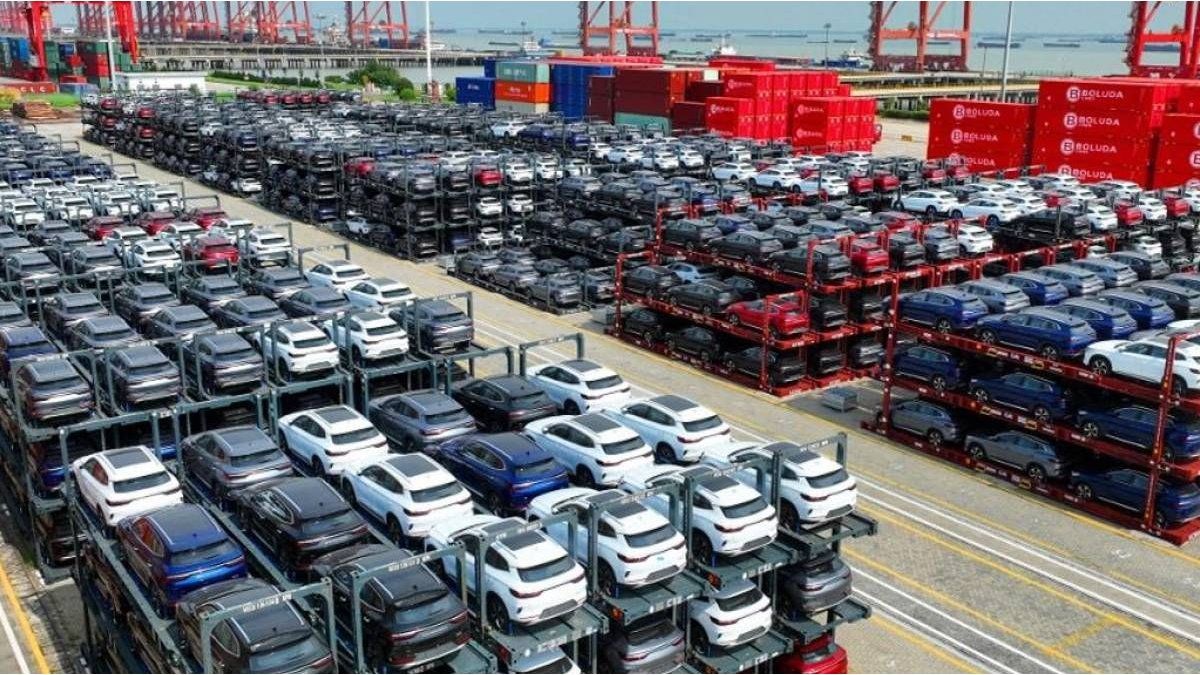The SPD will line up in December for the second half of the electoral period. The content will cover topics such as taxes, foreign policy and education. But personnel issues also need to be clarified.
Lars Klingbeil and Saskia Esken want to remain the dual leadership of the SPD Chancellor’s Party for another two years. The two announced on Monday in the SPD executive committee that they would like to run together again as party leaders at the party conference in December.
The 62-year-old Esken has been in office since 2019. At that time, together with Norbert Walter-Borjans, she prevailed in a runoff election of SPD members against today’s Chancellor Olaf Scholz and his current Construction Minister Klara Geywitz. After the 2021 federal election, in which the SPD became the strongest party for the first time in almost 20 years, Klingbeil, now 45, moved up to the dual leadership for Walter-Borjans. Up to this point he was general secretary and managed the election campaign from which Scholz ultimately emerged as chancellor.
Crushing election defeats cause unrest in the party
In the first two years of their term in office, both saw their task primarily as supporting the first SPD head of government in 16 years in the difficult three-way alliance with the Greens and FDP. However, the crushing election defeats in Hesse and Bavaria have caused unrest in the party and led to calls for the SPD to raise its profile.
Next year there will be the European elections, three state elections in East Germany and several local elections. The big question is: Will the AfD’s soaring and the simultaneous crash of the traffic lights continue? The SPD only got 15 to 17 percent in the latest polls for the federal election – compared to 25.7 percent in the 2021 election. The three traffic light parties together fell from 52 percent in 2021 to an average of 32 to 33 percent in nationwide surveys today away.
Three key motions are to be adopted
The party conference will take place in Berlin from December 8th to 10th. The entire party executive board with its 35 members will be re-elected. Three key proposals are also to be passed on the modernization of Germany, the realignment of foreign policy and education policy.
Rich people are asked to pay
The key proposal to modernize Germany, which was presented a week ago, stipulates, among other things, that income tax should be reduced for 95 percent of the population. For this, multimillionaires and billionaires should be asked to pay more. The SPD also wants to loosen the debt brake, which is not going down well with its coalition partner FDP. The Social Democrats are also campaigning for a further increase in the minimum wage and investments of 100 billion euros annually in education, infrastructure, digitalization and the restructuring of industry.
Security from Russia instead of with Russia
With the foreign policy proposal, the SPD is making a U-turn in its Russia policy as a consequence of the Russian war of aggression against Ukraine. The SPD’s 2021 election program said: “Peace in Europe cannot be against Russia, but only with it.” Now this sentence is turned into its opposite: “As long as nothing fundamentally changes in Russia, Europe’s security against Russia will have to be organized.” The “change through trade” approach that has been in place for many years towards autocratic states like Russia is clearly stated to be a mistake.
The SPD also advocates for Germany to play a leading role in the world. However, the term “leading power” originally chosen by party leader Klingbeil does not appear in the paper. The military is expressly recognized as a means of peace policy.
Just a supporting role for the topic of migration
The topic of migration, however, only plays a secondary role in the three applications. Chancellor Scholz’s approach to concluding migration agreements with countries of origin is supported. This is intended to promote the recruitment of skilled workers, but at the same time make it easier to return refugees without the right to remain in Germany. However, the current debate about benefit cuts for asylum seekers or asylum procedures outside the EU have not found their way into the applications.
Juso congress could give a foretaste of the party conference
Chancellor Scholz recently set out a tough course on deportations in clear words: “We finally have to deport on a large scale those who have no right to stay in Germany,” he told “Spiegel”. There was then open criticism, especially from the young socialists in the SPD. They are coming together for their federal congress this weekend. There should be a foretaste of the discussions that will take place at the party conference. However, according to the Jusos, Scholz turned down the invitation to the congress a long time ago.
Source: Stern
I have been working in the news industry for over 6 years, first as a reporter and now as an editor. I have covered politics extensively, and my work has appeared in major newspapers and online news outlets around the world. In addition to my writing, I also contribute regularly to 24 Hours World.




